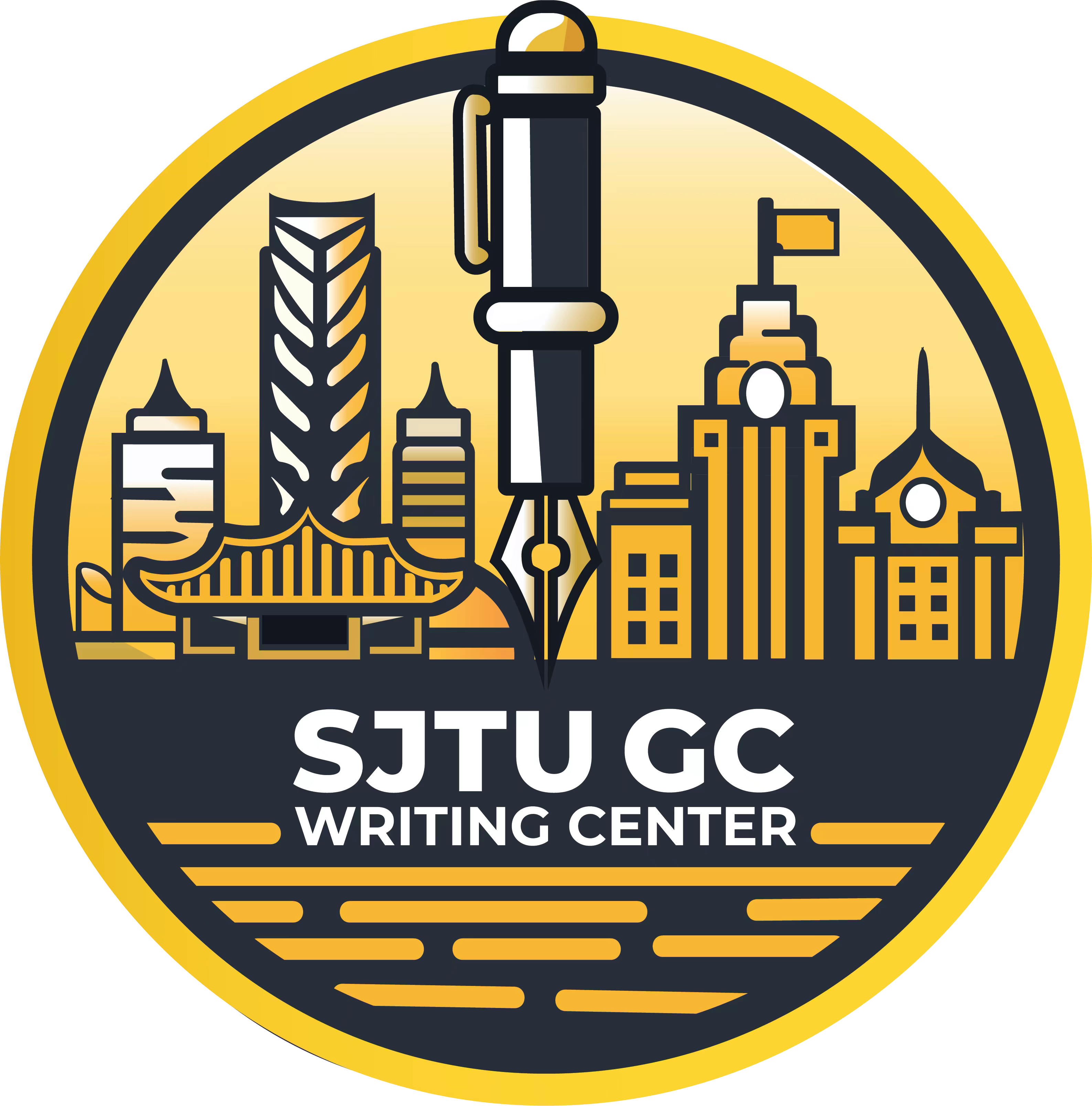How to Make the Most of Peer Review Day
Before we discuss how to make your peer review productive (rather than just staring at a paper), let’s start with the basics—what peer review is.
Most probably, you are reading this manual while taking the VY100 course, and peer review is an important part of it. Before peer review day, you are usually introduced to key writing concepts that you should follow while drafting your paper. Then, when your rough draft is ready, it is time for peer review.
So, what happens during peer review? Ideally, everyone brings their drafts, exchanges them with classmates, and gives each other feedback. It’s quite simple, isn’t it? The whole point is to get different perspectives on your writing. Now, if we were to go by the boring textbook definition, peer review is “the independent assessment of a research paper by experts in the field to evaluate its quality and suitability for publication.” But let’s be real – neither you nor your classmates are experts (except for your professor). Instead, you are just giving each other feedback based on what makes sense to you.
It is important to remember that even the smallest suggestions – fixing a sentence, pointing out a lack in the argument, or showing the format mistake – all can make a big difference. Every opinion counts, and helping each other out makes the grading process easier for everyone. To summarize and move further: peer review is just a chance to trade papers with your classmates, act like a professor (you are not), and leave with a better paper than you started with.
Now, once we have established the basic understanding of peer review day, it is time to focus on the main part: how should we make the most of it. Paradoxically, being productive during peer review day is not difficult at all. If you want to walk away with solid feedback and actually improve your paper, just follow these three rules:
Think of peer review like a survey—the more people you ask, the better your results. Your class is not huge (35 people at largest), and each person has their own opinion on the topic. The more feedback you get, the better the understanding of the quality of your paper.
And don’t assume someone’s opinion isn’t valuable just because you think you are a better writer than they are (you’re not). Even if someone struggles with writing, they might still have great insights on structure, clarity, or argument strength.
If you think you can turn in a perfect first draft without revising, I have bad news for you: you can’t. And if you tell yourself otherwise, you’re just lying to yourself. Don’t do that – it’ll only hurt you in the end.
When someone points out a flaw in your paper, don’t ignore it or take it as an insult. Instead, try to understand where they are coming from. Sure, not every comment will be really solid, but if even one person gives you a useful suggestion, that is already an improvement.
Also, don’t hold back when giving feedback. Your classmates need honest opinions just as much as you do. If you only give fake praise or avoid pointing out issues to be “nice,” you are not helping anyone. Plus, the better feedback you give, the more likely others will do the same. And if you still feel like no one gave you helpful feedback? Go to your professor.
The best way to get the most out of peer review is to help others. Read as many papers as you can, give thoughtful feedback, and actually engage with what your classmates are writing. The more you read, the more you will start to recognize both good and bad writing habits, which will, in turn, make your own writing better.
Good writers are always good readers. So, even if you think you are just helping someone else, you are also training yourself to spot weak arguments or structural problems.
At the end of the day, you are the one who knows the best what is suitable for his paper – do not ignore anyone around, but stick with your vision. It is your work.
That’s it. Now go make the most of peer review!
